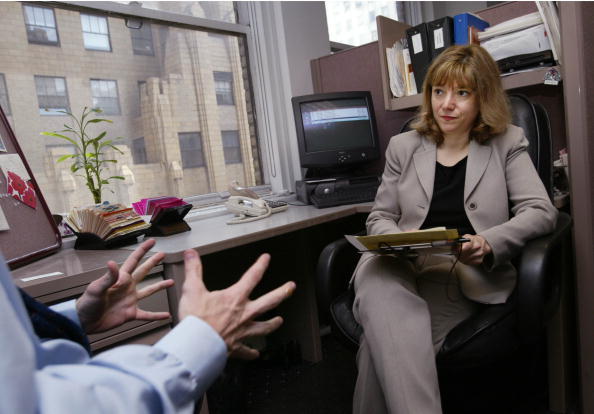DEBATE: Is there any point to LinkedIn?

Is there any point to LinkedIn?
Asad Moghal, digital and content manager at legal PR specialist Byfield Consultancy, says YES.
It is probably obvious from my job title why I would say this, but there is a point to LinkedIn.
Since Microsoft purchased the platform in 2016, LinkedIn has successfully changed its reputation as the barely “professional” Facebook, full of recruiters, boasters and wannabe stars of The Apprentice, to a content-driven network for exchanging business ideas.
With two professionals joining every second, the network is continuing to attract a global business community. Heads of departments and key decision-makers are regularly using the platform to find out what is happening in businesses related to their industries.
However, to see the platform’s true value, we should change the way we view LinkedIn. It isn’t just a social media network, but a social media network and a customer relationship management system hybrid.
The value of LinkedIn is the ability it offers users to interact with those decision-makers directly and influence their thinking through strategic communications.
Benedict Spence, a freelance journalist, says NO.
Somewhere, in the deep, dark recesses of the internet, lies my LinkedIn profile. No one knows what it’s for, nor how it got there. It just lurks, out of sight and out of mind, waiting for the day when the trumpets of high heaven sound, and it is called into service.
Except, it won’t be, will it?
I genuinely don’t know what function LinkedIn serves, beyond being an upbeat charade for those in business. It’s not even a tool, per se – it’s just a medium through which to roundly congratulate each other on unidentifiable achievements. A besuited online circle jerk.
I have never known anyone find a job through the site. It presents you in a fashion that can easily be dispelled with a cursory Google search – you may as well just apply the old-fashioned way. Nor is it a particularly useful networking option (just ask Alexander Carter-Silk, whose message complimenting a fellow lawyer’s appearance saw him branded as sexist across the internet).
Twitter, they say, isn’t real life, but people on LinkedIn aren’t really alive. At least the former has a sense of humour.
Main image credit: Getty